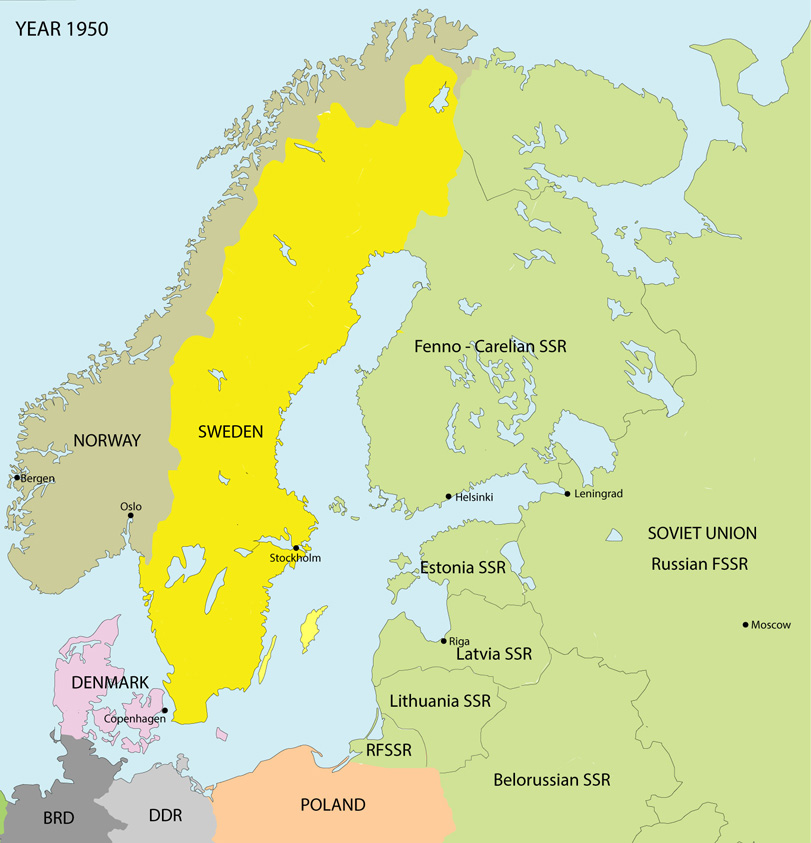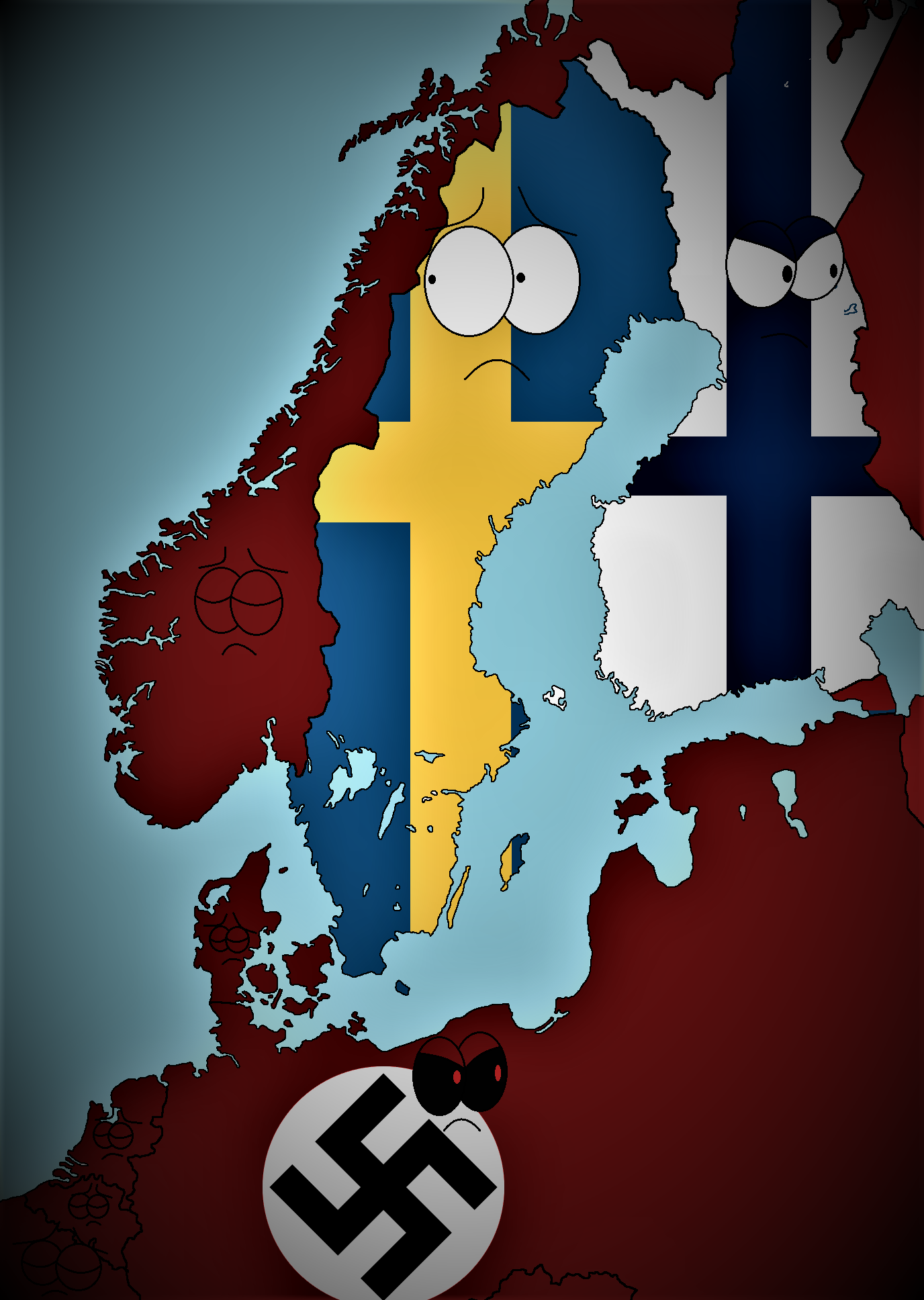
Pin on MilitaryPorn
Sweden during World War I Sweden, following its long-standing policy of neutrality since the Napoleonic Wars, remained neutral throughout World War I between 28 July 1914 and 11 November 1918. [1] However, this neutrality was not maintained without difficulty and Sweden at various times sympathised with different parties in the conflict. [2]

Swedish Soldiers 1940
Sweden, following its long-standing policy of neutrality since the Napoleonic Wars, remained neutral throughout World War I between the 28th of July, 1914, and 11 November 1918. However, this neutrality was not maintained without difficulty and Sweden at various times sympathised with different parties in the conflict. During the early years of the 20th century the sympathies of the Swedish.

Ceremonial armour worn by Charles XI of Sweden during his accession joust in 1672 r/costumeporn
There are legendary accounts of Swedish kings well into prehistory and they are mentioned by Tacitus in his Germania, but St. Olof Skötkonung (995-1022) was the first ruler documented to have been accepted by both the Swedes around Lake Mälaren and by the Geats around Lake Vättern.

Pin on Seven Years War Swedish Uniforms (17551764)
Home Geography & Travel Countries of the World Policy during World War I During World War I, Sweden attempted to remain neutral and to assert its right to trade with the belligerent countries. For Great Britain, the blockade was an important weapon, and Sweden's demand to import freely favoured Germany exclusively.

Swedish soldiers from the Gotland Infantry Regiment (I 27) getting their photograph taken by
1 Introduction 2 Social Movements and Democratization 2.1 Gender (Dis)order and Women's Enfranchisement 2.2 Popular Mobilization: The Hunger Riots 3 Everyday Wartime Experiences 3.1 Food Shortages and Lowered Living Standard 3.2 The Spanish Flu 4 Post-war Landscapes: The Polarized Welfare State 5 Conclusion Notes Selected Bibliography Citation

Pin on Zeppelin
Sweden, during the Second World War, declared an official policy of 'non-belligerency,' meaning that the nation itself was unattached to either the Allied Powers or the Axis Powers. Since the Napoleonic Wars, Sweden had attempted to maintain this policy of neutrality.

Sweden total Lost at Great Northern War
Citation Migration to and from Sweden before and after 1914 ↑ Migration to Sweden is not a new phenomenon. Already in the middle ages, German merchants and artisans enjoyed political and economic influence in Sweden. Many languages were heard in the streets of the capital of Stockholm, not only German and Swedish but also Finnish and Latin.

Pin on Military Uniforms
Forces and resources of the combatant nations in 1914. When war broke out, the Allied powers possessed greater overall demographic, industrial, and military resources than the Central Powers and enjoyed easier access to the oceans for trade with neutral countries, particularly with the United States. Table 1 shows the population, steel.

Crown prince Gustaf (V) of SwedenNorway 1893. Sweden, Swedish royalty, European royalty
Latin American governments seesawed between neutrality and entry into the war, and Brazil was the only independent South American country to declare war in WWI; it joined the Entente countries—Great Britain, France, and Russia—against Germany and Austria-Hungary in 1917. Other South American nations severed their relations with Germany but did not declare war: Bolivia, Ecuador, Peru, and.

How was Sweden doing In World War II? by StephenFisher on DeviantArt
6 321.3 German Assets 1956-1958. State Department and Foreign Affairs Records Records of the Foreign Service Posts of the Department of State (RG 84) Sweden Sweden declared its neutrality in September 1939. However, after the German occupation of Norway and Denmark in April 1940, Sweden was less well placed to resist German pressure to relax.

A Swedish soldier firing the then, newly issued AK5 (FN FNC) on full auto Swedish army, Cold
This article investigates the economic effects for one such neutral country, Sweden. Section 2 will discuss overall economic development by looking at GDP, foreign trade, and the post-war crisis in 1921-1922. Fiscal policy will be dealt with in section 3, while section 4 looks at monetary policy, price changes, food shortages, and the black market.

Swedish army, History war, Swedish armed forces
As Sweden stayed neutral during the First World War, at no single time in the years 1914-1918 did the Swedish army keep more than 13,000 men under arms (conscripts undergoing basic training are not included in this number).

Swedish troops during the Great Northern War War art, Modern war, Swedish army
resources in occupied Europe. Sweden exported 10 million tons of iron ore to Germany in 1939, and in 1943 exports still totaled 9.5 million tons. British experts during and after the War were convinced that Sweden's provision of iron ore was the most valuable of all of the contributions of neutral countries to the German war effort.

Pin on World War II
Source: The Marshall Cavendish Illustrated Encyclopedia of World War 1 (New York: Marshall Cavendish Corporation, 1984): 177. Appendix C. Figure 3. Site of Royal Navy 'distant blockade' plan established 1914-1919. Source: Virneth Studios Ltd "The Battle of Jutland 31st May 1916 - Background." Accessed September 30, 2013.

Pin on WW II
Non-belligerent. That Sweden's neutrality wasn't absolute became apparent soon after the outbreak of World War Two when the Soviet Union invaded Finland - a country that shared a long history with Sweden. The official government policy was changed from 'neutral' to 'non-belligerent', so as to be able to supply Finland with food and medical.

What Did Sweden Do in World War 2? Scandinavia's Neutral Power 19391945 YouTube
Swedish neutrality refers to Sweden 's former policy of neutrality in armed conflicts, which was in effect from the early 19th century to 2009, when Sweden entered into various mutual defence treaties with the European Union (EU), and other Nordic countries. [1]